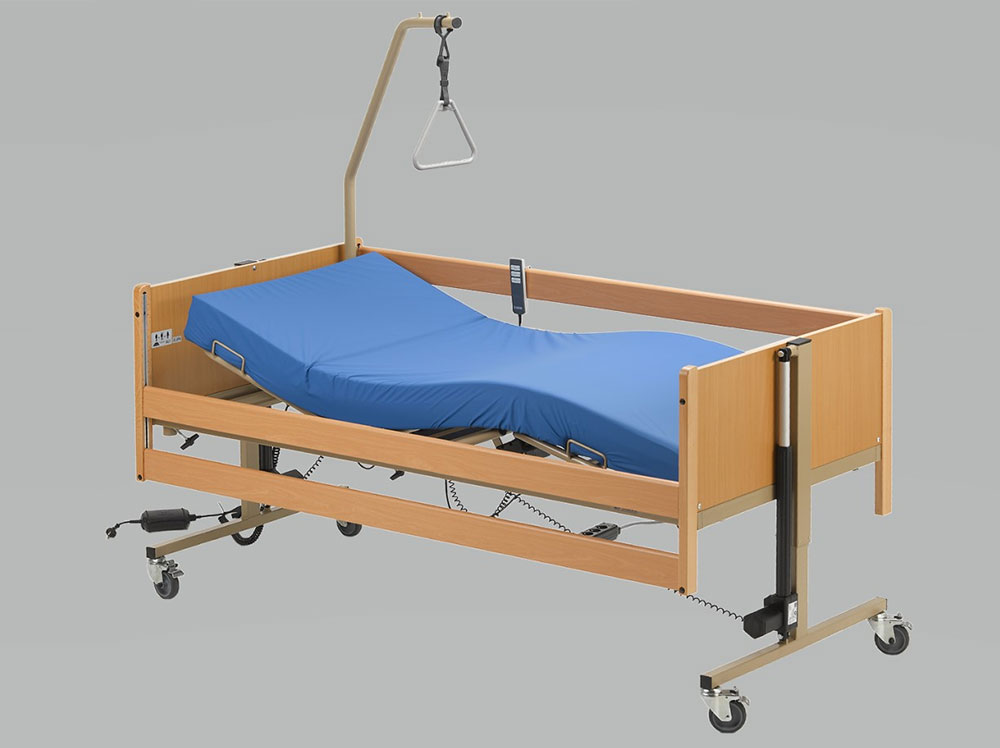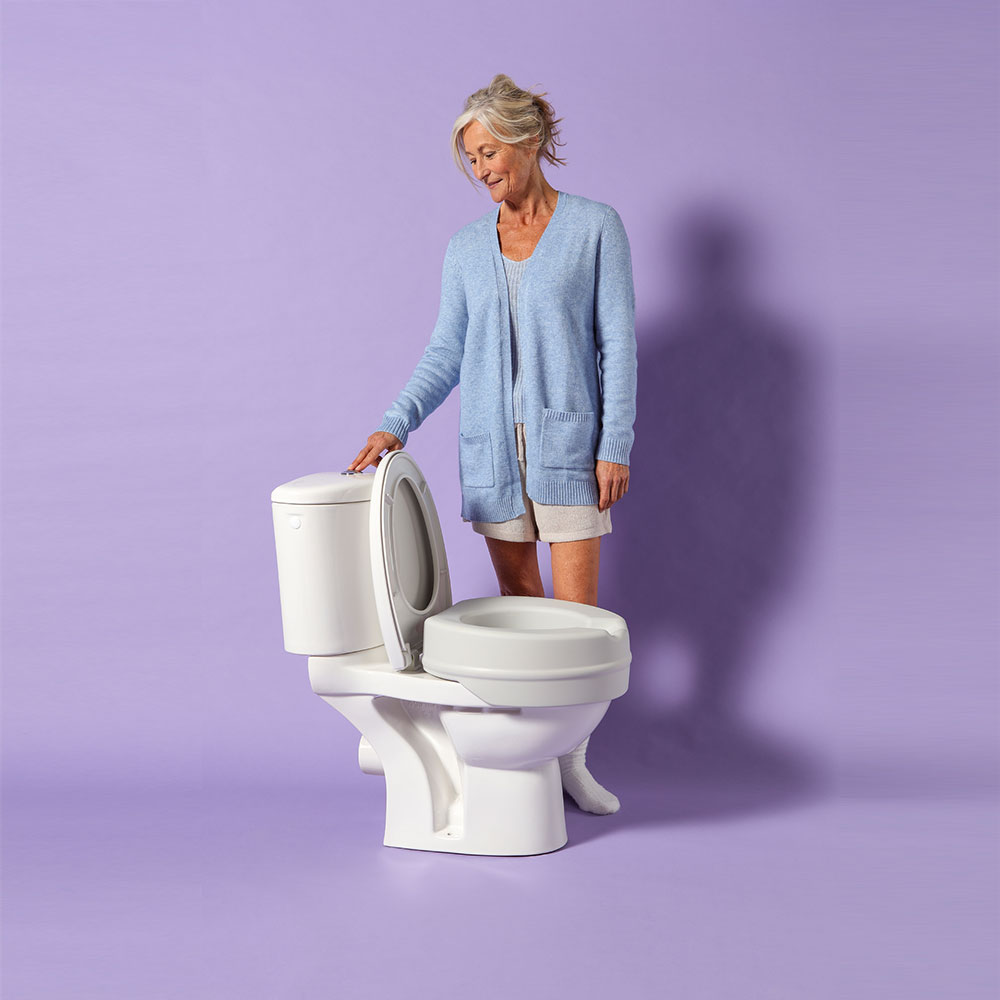Mobility and homecare
There are more than 16 million people over the age of 60 in France, with 2 million of them over 851. The notion of “ageing well” is becoming a priority and the age advancing should not be an obstacle to autonomy.
As the population ages, homecare is developing significantly. It corresponds to a genuine demand: 90% of French people would rather adapt their home than go into a specialised residential facility2. However, homecare must not be to the detriment of their health. In fact, around a third of people aged 65 or over and living at home fall each year and falls are the main cause of death from injury in this population.
It is important to provide a safe, functional environment in order to maintain people’s mobility and autonomy at home for as long as possible. A number of equipment solutions have been developed to:
- effectively adapt interiors, whether in the living room (lift chairs), the bedroom (medical beds, bed tables, neck pillows) or in the bathroom and toilet (bath seats, grab bars, raised seats);
- help people get about day-to-day (walking sticks, rollators, walkers, etc.).
Lots of these pieces of equipment and accessories are medical devices regulated by French and European standards and are accessible on-prescription, with their costs covered by national health insurance or pension schemes, etc.
The person’s family, as well as personal care assistants or home-helps can provide valuable aid and advice to combine homecare with optimal quality of life.
Documentary sources :
Inpes : Repères pour votre pratique : Prévention des chutes des personnes âgées à domicile,
1 INSEE, déc. 2015.
2 Enquête Opinionway, 2012

The bedroom and its bed
The living room
